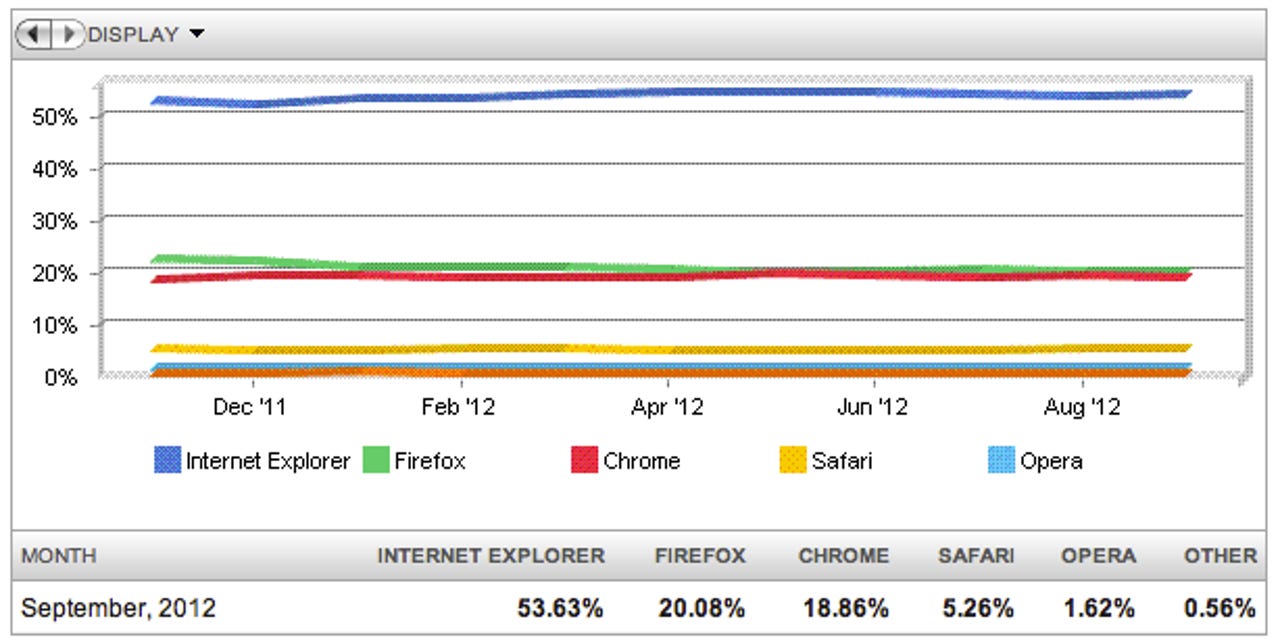Google Apps users now receive Chrome phone, email support

Google announced yesterday that Google Apps customers can now seek technical support for the company's Chrome browser via phone or email.
Google Apps for Business, Education, and Government customers are eligible for the 24/7 phone and email support, for support with Chrome installation, functionality, security, browser policy settings, and interoperability with Windows, OS X and Linux, the search giant said in a blog post.
Top-priority issues (P1), such as outages or failures, will be responded to within one hour, while other support requests will be responded to within business hours of one working day.

Chrome's support has been in the past limited, and for a while almost non-existent. Last November, Google opened a helpline for paying customers of Google Apps for Business (Google Apps for Education is free for schools, colleges and universities) but will be now be branched out in order to get a lead on its rivals in not just the cloud space, but the highly competitive browser space also.
Google recently said it would drop support for Internet Explorer 8, effectively killing off Windows XP users in the process. Despite its decade-old age, Windows XP retains a firm grip on the business and enterprise market, but is not able to upgrade Internet Explorer to the latest version of the browser. Instead, customers still on the ageing software must upgrade either their operating system or their browser. Google is hoping for the latter in a bid to peg even more Chrome customers.
It makes sense for Google to push its own browser for customers of its other cloud-based products. But Google knows full well that Chrome isn't the answer to everything, particularly for older, legacy applications that run in the browser.
The search giant suggests "adopting a dual-browser strategy," hinting that some browsers -- notably Microsoft's Internet Explorer -- may still in use for Web applications, but can also lead to "reduced speed" and "feature gaps to exposure to critical security holes," something Chrome can help prevent, Google says.
The Google browser continues to gain momentum in worldwide market share rankings and business popularity. Earlier this year, Chrome was pegged as the world's most used browser -- even if were only for a day, and a Sunday no less, according to rival statistics firm StatCounter.